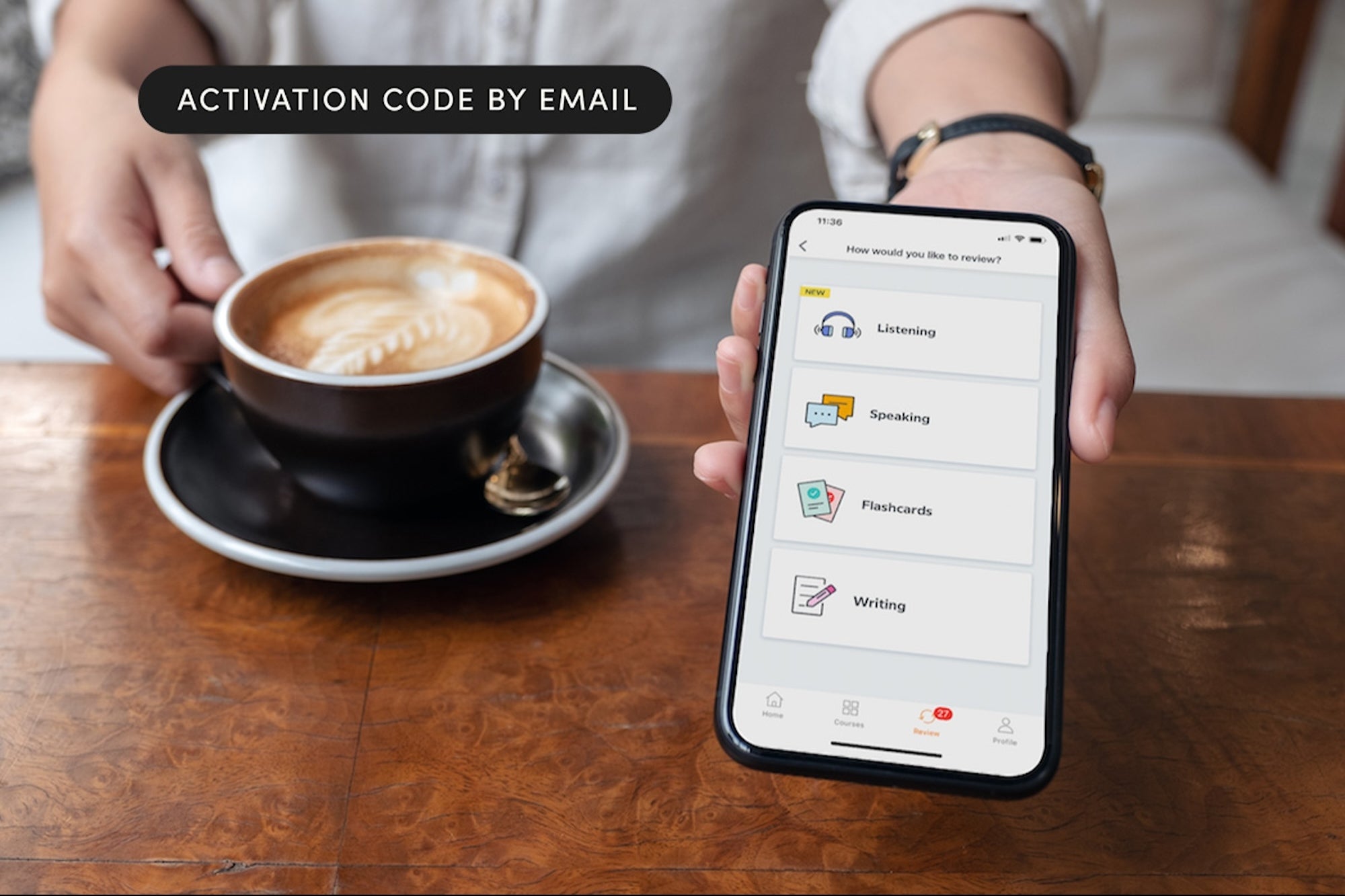Surviving the Open Floor Plan While open office plans may be all the rage for encouraging collaboration, they don't work for everyone. Here's how to reclaim your privacy and get some work done.
By Gwen Moran Edited by Frances Dodds
Opinions expressed by Entrepreneur contributors are their own.
In recent years, open-space floor plans have become wildly popular, allowing companies to house more workers in smaller spaces and, in theory, fostering collaboration. But research published in the December 2013 issue of Journal of Environmental Psychology tells us something many employees already knew: It's tough to get things done when you have noisy co-workers and no privacy.
It's something that Robby Slaughter sees often in his role as principal of Indianapolis-based business-consulting company AccelaWork. Some companies tore down the walls and later found out it wasn't the best fit for their cultures. Not to worry, he adds. There are ways for your employees -- and you -- to survive the open-space floor plan without reconfiguring your entire office.
Stop the noise. Opting out of the commotion can be as simple as using noise-blocking headphones or even using ear buds to listen to music. "When you have headphones on, it's a universal message that says, "Do not disturb,'" Slaughter says.
Make use of flex-time and telecommuting. If your business can offer flex-time it could be a good solution. Arriving at the office early, staying later than most, or working from home can give you some much-needed focus time with fewer people around. Bonus: An October 2013 WorldatWork report found that more than 60 percent of respondents said workplace-flexibility programs had a positive or extremely positive impact on employee engagement.
Related: Swap Seats, Change Your Company? Where You Sit Matters.
Find or create quiet spaces. Creating clusters of chairs in office corners or quiet spots where you can retreat with a laptop can help you escape the hubbub, Slaughter says. Allow employees who need to focus to book the conference room or any remaining open offices to get some time to work alone.
Use signage. It may feel silly at first, but hanging a sign on your work station or the back of your chair that says something like, "I'm working on a project and need to focus. No interruptions, please," can be an effective deterrent, Slaughter says. But use only when needed. People will begin to ignore it if you leave it hanging in perpetuity.
Institute "no interruption" time. Slaughter suggests setting aside time periods where interruptions are to be kept to a minimum. Such efforts may include "no meeting days," which leave one day each week free of meetings and conference calls, allowing time for project work or other tasks. Another option is to indicate blocks of time – from 2 p.m. to 4 p.m. on Mondays and Wednesdays, for example -- where interruptions aren't allowed unless they're emergencies. For some office environments, it may also be useful to give examples of what does and does not constitute an "emergency." If the company's biggest client is on the phone and irate, that's an emergency. If there's an intense game of ping pong going on, wait until later for the briefing.












